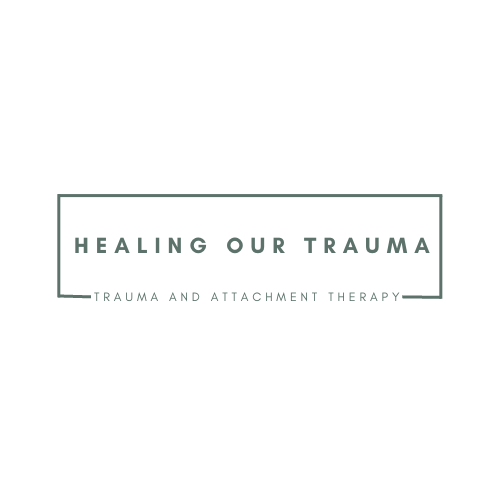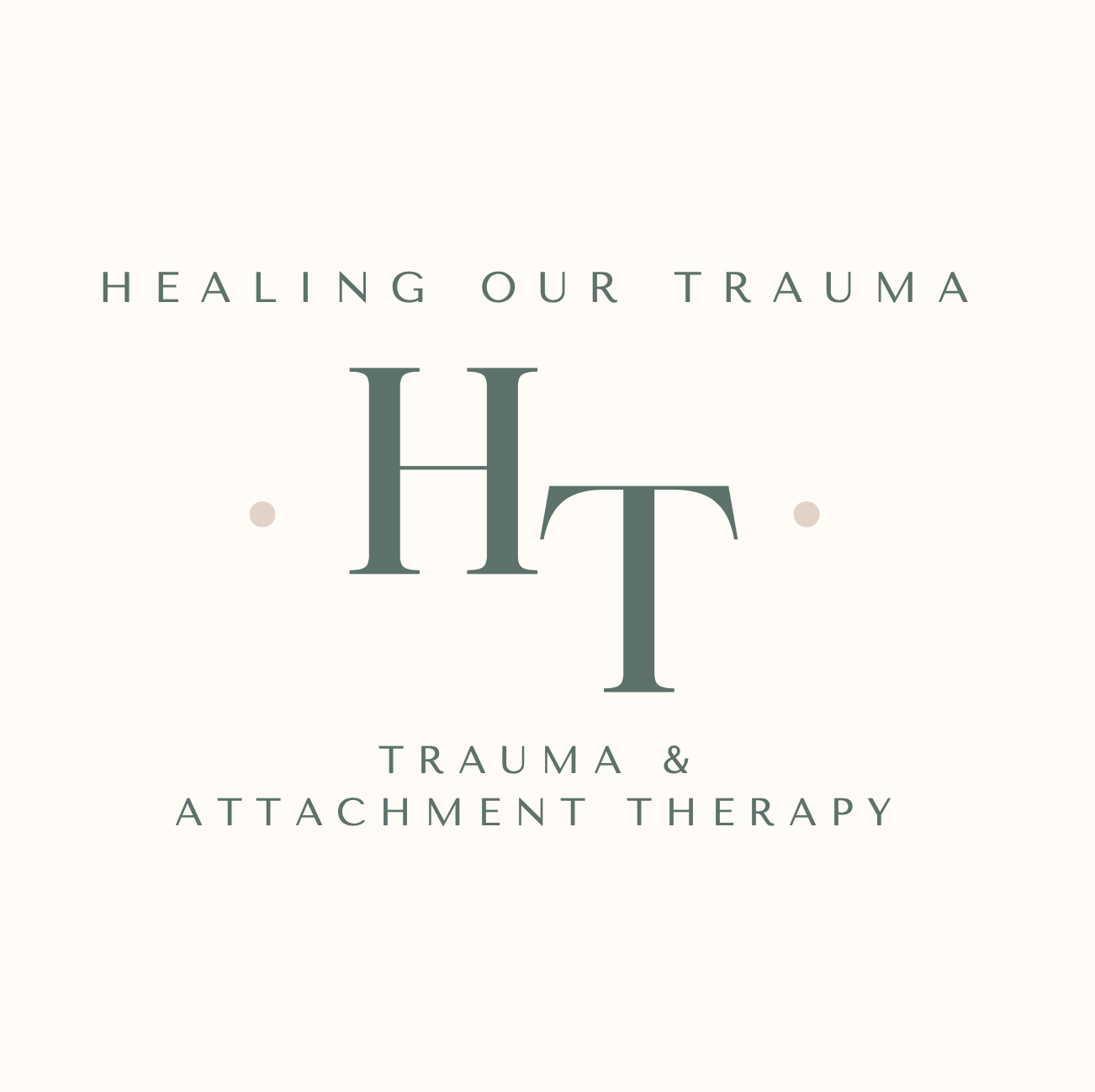Self Harm or Suicide
Self-Harm:
Self-harm refers to intentional self-injury or self-inflicted damage to one's own body as a way of coping with emotional pain, stress, or overwhelming feelings. It is not a healthy or effective coping mechanism, and it can be a sign of underlying emotional distress. Common methods of self-harm may include cutting, burning, hitting, or other forms of self-inflicted harm.
Suicide:
Suicide involves intentionally causing one's own death, and it is a tragic outcome associated with severe emotional distress, mental health disorders, or other challenging life circumstances. It's a critical concern that requires immediate attention and intervention
Self Harm or Suicide Symptoms
A qualified mental health professional should make a diagnosis of self harm or suicide after conducting a thorough assessment of symptoms and their impact on functioning. While self harm or suicide may manifest with other symptoms, the following are the most prevalent.
Expressive Thoughts of Hopelessness
Individuals who are struggling with self-harm or suicidal thoughts may express a pervasive sense of hopelessness about the future. They may feel overwhelmed by emotional pain and see no way out.
Withdrawal or Isolation
Social withdrawal and isolation are common symptoms. Individuals may isolate themselves from friends and family, avoiding social interactions or seeking solitude.
Changes in Mood or Behavior
Significant changes in mood, behavior, or personality may occur. This could involve increased irritability, persistent sadness, agitation, or a noticeable shift in overall demeanor.
Giving Away Belongings
Some individuals who are contemplating suicide may give away personal belongings or make statements that suggest a sense of finality. These behaviors can be warning signs of their intentions.
Self Harm or Suicide Therapies
There are various therapeutic approaches designed to address different aspects of self harm and suicide. The below therapies are just a few of the care options available, each offering unique strategies to support individuals on their journey to improved mental health.
Emotion-Focused Therapy
Emotion-Focused Therapy (EFT) transforms emotions to improve relationships. Developed by Dr. Sue Johnson, EFT reshapes negative emotional patterns within relationships, creating secure emotional bonds through communication, empathy, and responsiveness. It enhances the ability to connect and respond to each other's needs, proving effective in various contexts for relationship repair.
Mindfulness-Based Therapy
Mindfulness- based therapy approach focuses on cultivating awareness and presence to help individuals and couples navigate through life's challenges. Through mindfulness practices, we aim to provide a safe and supportive space for healing and growth.
Somatic Therapy
Somatic therapy recognizes the mind-body connection in emotional well-being. It acknowledges that emotional experiences can manifest as physical symptoms. By bringing attention to bodily sensations, movements, and postures, somatic therapy explores and releases emotional tension. This fosters awareness, improves emotional regulation, and enhances overall well-being.
Suicide or Self Harm FAQs
Have questions? We’re here to help.
-
Why do people Self Harm?
Self-harm is a complex issue, and understanding the reasons behind it can help in providing appropriate support and intervention. While there are various factors that contribute to self-harming behavior, it's important to approach this topic with empathy and compassion.
People may self-harm as a way to cope with overwhelming emotions that feel unbearable. It can be a misguided attempt to release emotional pain or gain a sense of control when everything else feels chaotic. For some individuals, self-harm might serve as a temporary distraction from emotional numbness or feelings of emptiness.
-
How can we reduce the stigma surrounding mental health issues related to Self-Harm and Suicide?
Reducing the stigma surrounding mental health issues related to self-harm and suicide is crucial for creating a supportive and inclusive society. Education plays a vital role in breaking down misconceptions and fostering empathy. By promoting open conversations about mental health, we can create a safe space for individuals to share their experiences without fear of judgment or shame.
It is essential to emphasize that self-harm and suicidal thoughts are not signs of weakness or attention-seeking behavior. They are manifestations of deep emotional pain that require understanding and support. Encouraging empathy, compassion, and active listening can help challenge stigmatizing beliefs and promote a more compassionate approach towards individuals struggling with self-harm or suicidal thoughts.
-
Who do I call if I need immediate help now?
Dial 988. We can all help prevent suicide. The 988 Lifeline provides 24/7, free and confidential support for people in distress, prevention and crisis resources for you or your loved ones in the United States.
At Healing Our Trauma we know that you want to be on a path to recovery and restoration. In order to do that, you need to address your underlying, unmet needs. The problem is most people don't know where to turn to or how to start which makes you feel frustrated and stuck. This leads some to want to quit. We believe in your resilience and the possibility of reclaiming a life marked by strength, growth, and renewed hope. We understand that overcoming trauma is a journey that requires personalized care, empathy, and a safe space for healing.
So, schedule a free evaluation. And in the meantime, sign-up for our Support Newsletter.
Together, we can navigate this journey toward healing, ensuring that you not only survive but thrive in the aftermath of trauma.
Contact Us
816-200-7909
Contact Us
We will get back to you as soon as possible
Please try again later
Insurance Accepted: Aetna (Missouri Only)
Forms of Payment: Cash, Check, Visa, Mastercard, Discover, American Express
Our address
Email: nadirah@healingtraumakc.com
Tel: 816-200-7909
12401 E 43rd St S, Independence, MO 64055, United States of America
Work Hours
- Mon - Fri
- -
- Sat - Sun
- Closed

